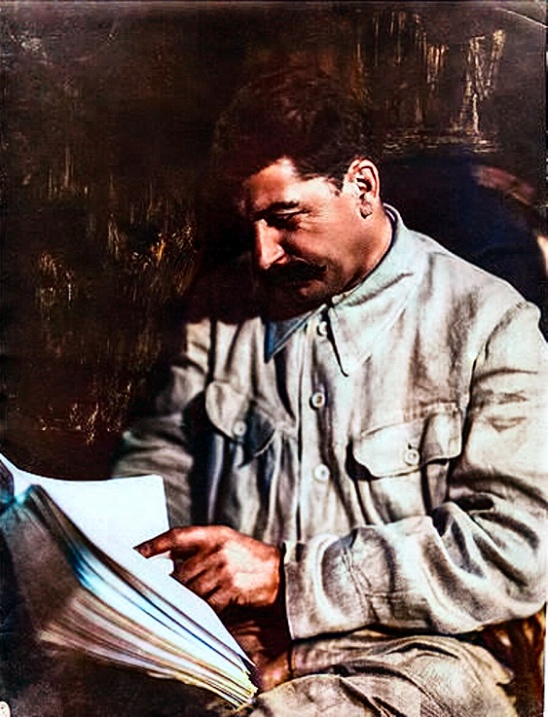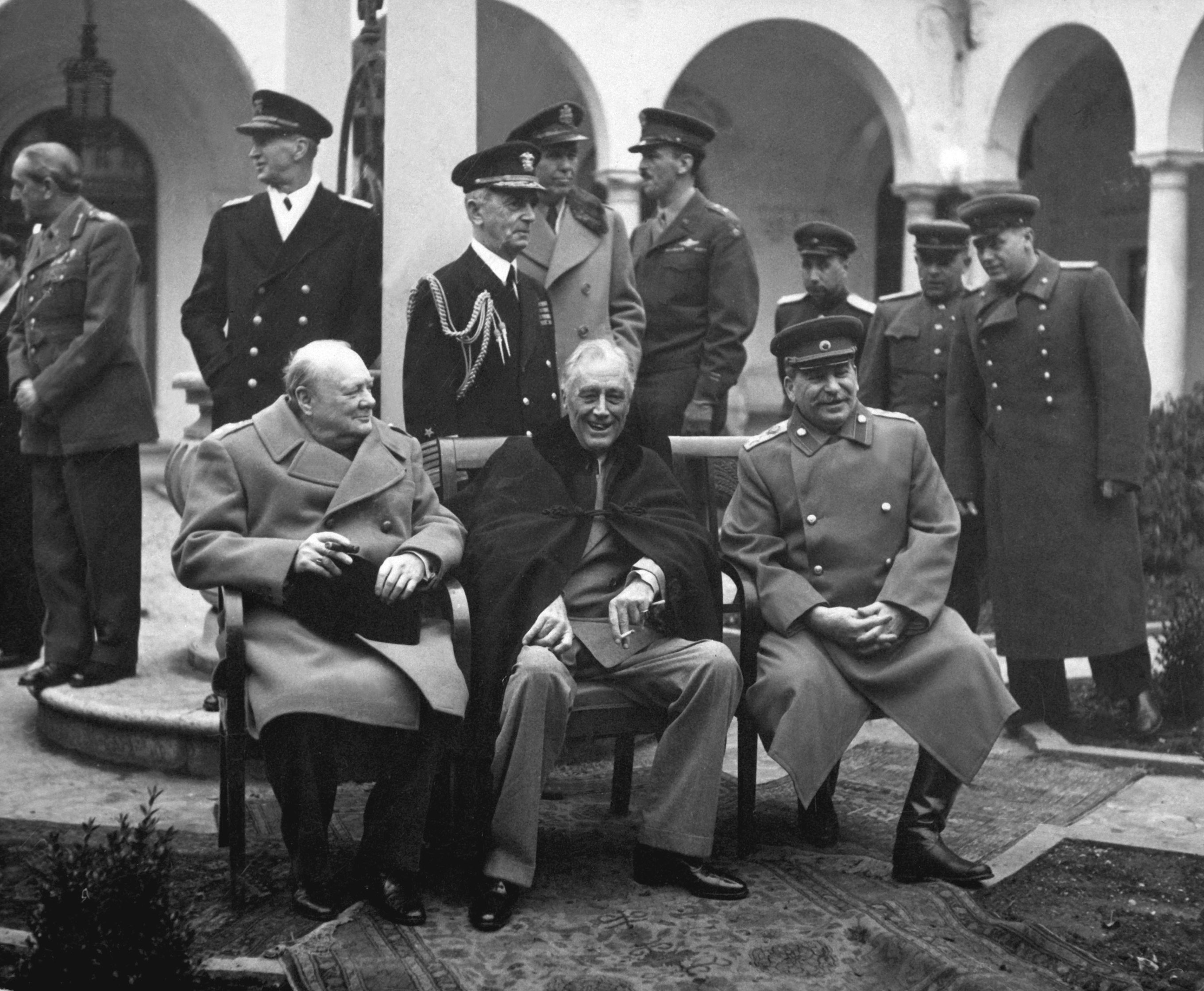

This is like when you send a generic letter to all the recipients with the Find and Replace function.
Therefore, we invite you to participate in the extraordinary Economy of the United States, the Number One Market in the World, by far.
lmao. this timeline is not real!





Xiaomi begins YU7 SUV deliveries as wait times reach up to 14 months CNEV
spoiler
Very very impressive with 800km range. This is going to give BYD a good run for their money.